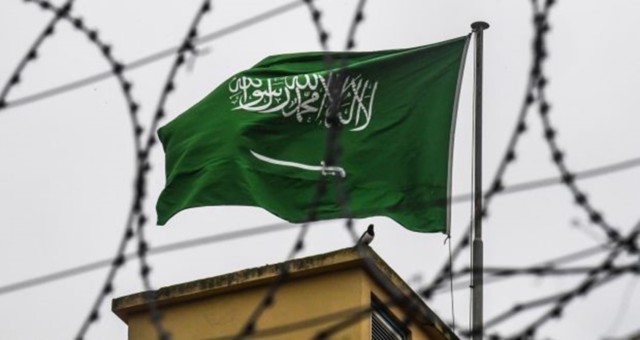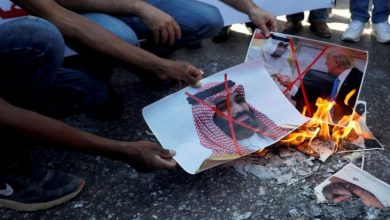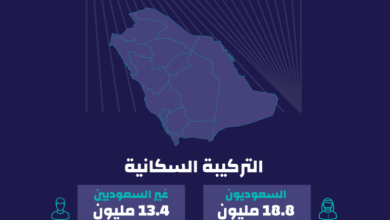An international campaign against violations of the travel ban imposed in Saudi Arabia

Amnesty International announced launching a campaign against violations of the travel ban imposed in Saudi Arabia on opinion activists, bloggers and dissidents.
The organization stated that the campaign would be launched under the hashtag #RemoveTravelRestrictions to demand King Salman bin Abdulaziz and the Saudi authorities lift travel restrictions and enable families to meet with their members.
The travel ban imposed by the Saudi regime is a violation of Article 13 of the Universal Declaration of Human Rights and the International Covenant on Civil and Political Rights.
The article states that “everyone has the right to leave any country, including his own, and return to his country.”
The International Covenant on Civil and Political Rights states that “every individual legally residing in the country has the right to move and choose his place of residence within that territory, and the right of every individual to leave any country, including his country.”
According to the documentation of human rights organizations, Saudi Arabia systematically prevents individuals from their right to move and travel in retaliation for their activism or their defence of human rights.
Most of the judicial rulings issued against human rights defenders and activists now contain a travel ban that begins after the end of the prison period without any legal justification.
In addition to the rulings, the Saudi regime is now using the travel ban against the families of activists and human rights defenders in an illegal manner and outside the scope of judicial rulings.
The expansion of the Saudi regime in the use of the travel ban without a legal basis is that it uses it for retaliatory purposes or to pressure individuals to stop their activities or threaten them.
In principle, Saudi law does not allow the government to impose travel bans except in certain cases; First, it provides specific exceptional circumstances in which the judiciary can impose a travel ban, such as persons convicted of drug smuggling crimes, and in cases required by judicial procedures.
Article 6 of the issued travel document system states that “It is not permissible to be prevented from travelling except by a court ruling or by a decision issued by the Minister of Interior related to security and for a specified period.”
In both cases, the person prohibited from travelling shall be notified within a period not exceeding one week from the date of the issuance of the judgment or decision banning him from travelling.”
Accordingly, the Saudi regime uses the travel ban in retaliation and without a legal basis.
In 2014, human rights defender Samar Badawi was prevented from travelling while she was on her way to meet an invitation to participate in a human rights conference in Belgium.
The decision did not specify the duration of the travel ban. While the Saudi government arrested her later in 2018 for about 3 years, she is still banned from travelling.
In 2011, the Saudi regime prevented Sheikh Salman al-Awda from travelling while he was on his way to Egypt. He was informed of this decision at King Khalid International Airport without being informed of the decision and the reason for the ban.
In 2017, Sheikh Salman al-Awda was arrested, and the Public Prosecution is still calling for his execution.
Months after his arrest, Sheikh al-Awda’s children, including minors, were prevented from travelling for unknown reasons, and they are still banned from travelling.
In 2018, while they were trying to travel at the airport, the father and mother of Loujain Al-Hathloul learned that they were prohibited from travelling outside Saudi Arabia.
The family tried to find out the reason for the travel ban by communicating with the Ministry of Interior and the Presidency of State Security.
On February 10, 2021, human rights defender Loujain Al-Hathloul was released on parole, having been banned from travel for five years.
On March 2, 2021, she attended an appeal hearing against her travel ban. Currently, she is still banned from travel for five years.
The founding member of the ACPRA, Abdul Rahman Al-Hamid, was sentenced to 9 years in prison, followed by a 9-year travel ban and a fine.
ACPRA member Abdulaziz Al-Shubaily was sentenced to eight years in prison, with a travel and social media ban for a similar period after completing his prison term.
Dr Muhammad Al-Hudayf was sentenced to five years, followed by a similar period of the travel ban and a ban on writing on social media.
Human rights defender Issa Al-Hamid was sentenced to 11 years in prison, an 11-year travel ban and a fine.





